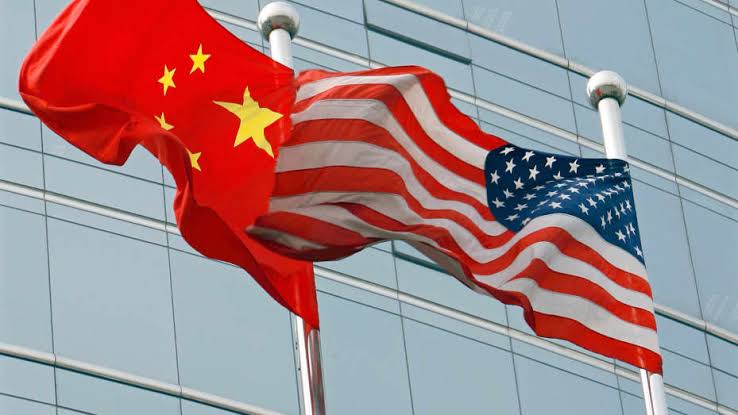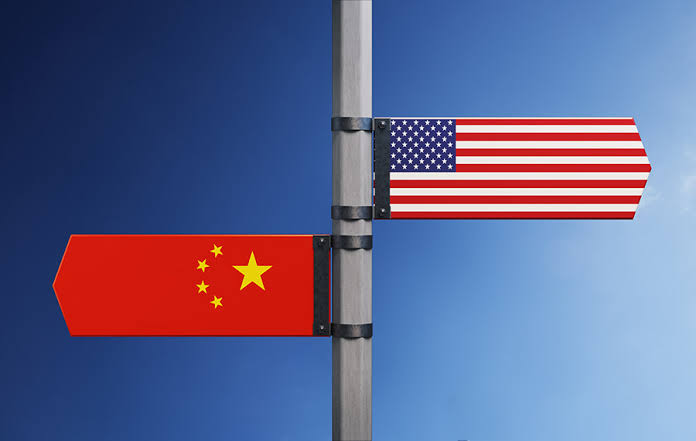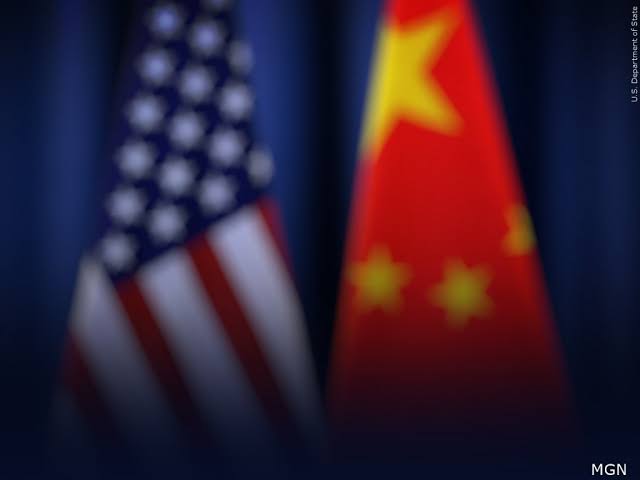China has strongly criticised the US for adding more items to its list of controlled exports, saying that the move is an unfair attempt to limit Chinese companies and technologies. This new development in the trade disputes between the two world giants has made things even worse and caused people to worry about possible retaliation actions.
The United States recently changed its export control list to include more Chinese companies. These companies work in many areas, such as technology and telecoms. These measures were put in place by the Biden administration as part of a larger plan to protect national security and limit China’s access to advanced technologies. The move shows that the U.S. government is still trying to fight what it sees as threats from Chinese companies, which it says could hurt American national security and scientific superiority.

China retaliates as U.S. adds firms to export control list—trade tensions reach new heights.
In reaction, Chinese officials have said that the U.S. action is an obvious attempt to stop China’s technological and economic growth. In a statement, the Chinese Ministry of Commerce said that the export controls were wrong and that the U.S. was using its economic power to stop China from coming up with new ideas. The statement made it clear that these kinds of actions hurt not only Chinese businesses but also trade and economic security around the world.
As a response, China has promised to take action against what the U.S. is doing. The Chinese government has hinted at a number of possible reactions, such as economic sanctions or more close monitoring of American companies that do business in China. These possible retaliatory actions show how the trade disagreement is getting worse and how it affects world politics in a bigger way.
Adding more items to the U.S. export control list comes at a time when relations between the U.S. and China are already tense, with ongoing disagreements over trade practices, human rights problems, and security concerns in the region. There has been a trade war between the two countries since 2018 when Trump was president. Both sides have put in place taxes and other trade barriers to make the trade war worse. Adding Chinese companies to the list of companies that can’t ship goods has made this already complicated and changing conflict even more complicated.

A new trade clash: China vows action against U.S. export restrictions targeting key firms.
The new rules could have a big effect on Chinese businesses that are touched by them. A lot of these companies depend on American technology and parts, and the export controls could mess up their supply lines, making it harder for them to compete in other markets. Other foreign companies that do business in China or use Chinese technology could also be affected by the restrictions.
As an explanation for its actions, the U.S. government says that the export controls are needed to safeguard national security and keep secret technologies from getting into the hands of groups that could abuse them. The government says the steps are not meant to hurt Chinese companies, but to address real security concerns about trade and technology.
As things go on, both sides are likely to negotiate and try to be polite in order to keep the situation from getting worse. The whole world will be paying close attention to how the U.S. and China handle this new development and whether it will lead to new deals or more fighting.

Global trade under strain: China responds firmly to U.S. expansion of export control list.
Basically, adding Chinese companies to the U.S. export control list is a big step up in the trade and technology disagreement that has already been going on between the two countries. China’s strong rebuke and promise to act show how serious the problem is and how it could have long-lasting economic and geopolitical effects. The situation shows how trade, technology, and foreign relations are all intertwined and affect U.S.-China relations right now.